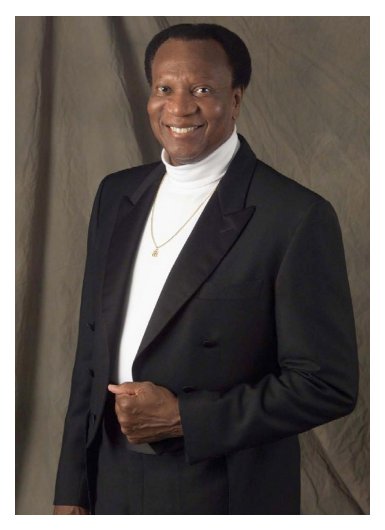

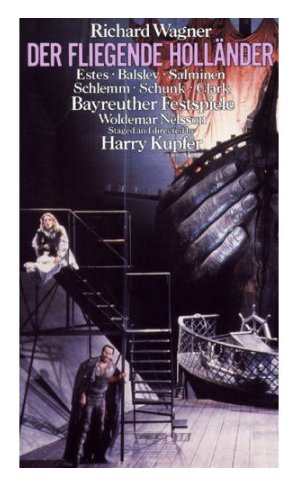 Simon Estes: I sang
the Dutchman first in Zurich in 1977 and I mention that because that is
how my attention came to Wolfgang Wagner. But even before that, a
man named Ralph Jasper heard me singing in LA with Zubin Mehta.
[See my Interviews
with Zubin Mehta.] Jasper said to Wagner that I should be
singing at Bayreuth, and while I was rehearsing in Zurich I got a call
to come and sing for Wagner. I invited him to Zurich where I felt
he would see me to better advantage, but Wagner insists that he hear
everyone on the Bayreuth stage. So I went and sang for him, and
he engaged me that very day. He told me that he had not heard the
Dutchman sung that well since George London in his prime. Then I
sang in the 1978 (Bayreuth) production, and afterword Wagner told me I
sang it better than George London which was a great compliment. I
was very touched that he should say that. So to answer your
question more directly, the Dutchman
at Bayreuth was a big experience for me and a great honor and a
challenge. It was something new because no black man had ever
sung in that theater before, and I was opening the season in the title
role. Needless to say I felt a little bit of pressure... but I'm
happy to say it was very successful. I had heard a few rumors
that there might be some protests, but it did not happen.
Simon Estes: I sang
the Dutchman first in Zurich in 1977 and I mention that because that is
how my attention came to Wolfgang Wagner. But even before that, a
man named Ralph Jasper heard me singing in LA with Zubin Mehta.
[See my Interviews
with Zubin Mehta.] Jasper said to Wagner that I should be
singing at Bayreuth, and while I was rehearsing in Zurich I got a call
to come and sing for Wagner. I invited him to Zurich where I felt
he would see me to better advantage, but Wagner insists that he hear
everyone on the Bayreuth stage. So I went and sang for him, and
he engaged me that very day. He told me that he had not heard the
Dutchman sung that well since George London in his prime. Then I
sang in the 1978 (Bayreuth) production, and afterword Wagner told me I
sang it better than George London which was a great compliment. I
was very touched that he should say that. So to answer your
question more directly, the Dutchman
at Bayreuth was a big experience for me and a great honor and a
challenge. It was something new because no black man had ever
sung in that theater before, and I was opening the season in the title
role. Needless to say I felt a little bit of pressure... but I'm
happy to say it was very successful. I had heard a few rumors
that there might be some protests, but it did not happen.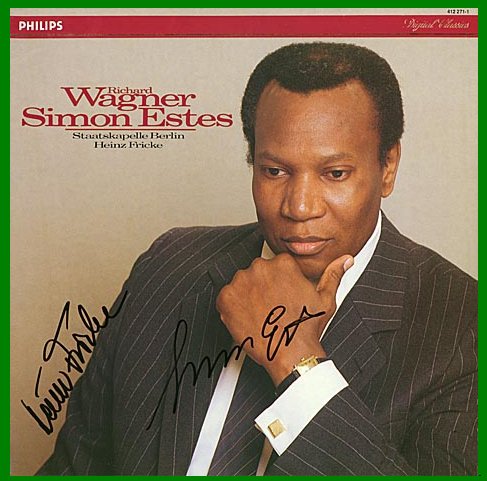 SE: The first two,
yes, but I've only studied the Wanderer. I had the chance to sing
it in Dusseldorf, but I had to fly back to America and wasn't able to
do it. I've been asked to do the complete Ring in Hamburg in 1983 and in
Berlin in 1984, and San Francisco has asked me for their new one in the
future. They asked me, but I was already booked for those dates.
SE: The first two,
yes, but I've only studied the Wanderer. I had the chance to sing
it in Dusseldorf, but I had to fly back to America and wasn't able to
do it. I've been asked to do the complete Ring in Hamburg in 1983 and in
Berlin in 1984, and San Francisco has asked me for their new one in the
future. They asked me, but I was already booked for those dates.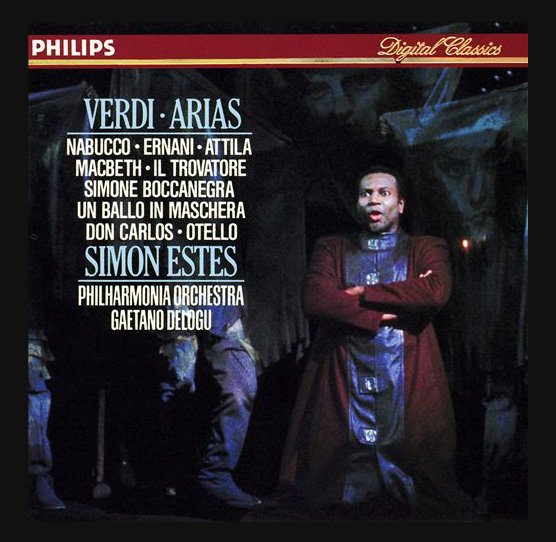 BD: Is it that we
won't let you be just very good, you have to be great?
BD: Is it that we
won't let you be just very good, you have to be great?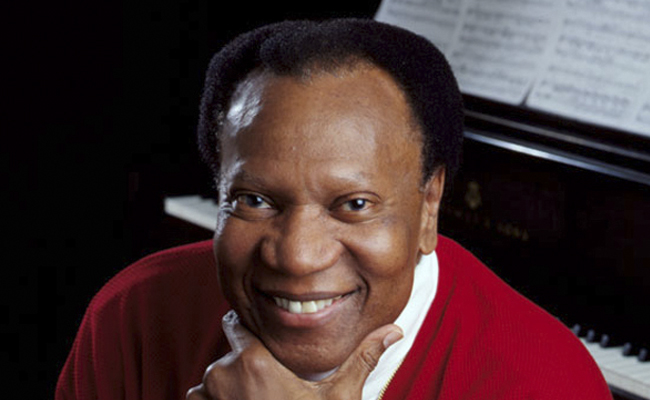 SE: I think you can
do it all in the monologue if you're really intense and really stress
the text. Richard Cassilly and I sang it together in Italy in
about 1976, and he said it was the first time he was not bored standing
there while Marke sang. I did it like a German lied, like a song. I tried to
keep it legato, and I did a lot with the words. My presence was
extremely involved.
SE: I think you can
do it all in the monologue if you're really intense and really stress
the text. Richard Cassilly and I sang it together in Italy in
about 1976, and he said it was the first time he was not bored standing
there while Marke sang. I did it like a German lied, like a song. I tried to
keep it legato, and I did a lot with the words. My presence was
extremely involved.| Simon Estes was born in
Centerville, Iowa, on February 2, 1938. His father was a coal miner.
He, his brother, and two sisters were given a religious upbringing.
Estes was a boy soprano in a local Baptist church. His voice did not
change until his senior year in high school, and for about three years,
his vocal ability was limited. He did, however, sing tenor in the
chorus at the University of Iowa. While there, he began study with
Charles Kellis, who reclassified Estes as a bass-baritone and taught
him vocal technique, diction and interpretation. Kellis also was
responsible for exposing Estes to opera through recordings of artists
such as Leontyne Price. Estes was admitted to Juilliard in 1964 to
continue his studies. He later received a grant to study abroad where,
in 1965, he made his professional debut as Ramfis in Aïda at the Deutsche Oper in
Berlin. In 1966, he received the bronze medal at the Tchaikovsky
Competition in Moscow. In 1978, Estes became the first male
African-American to sing a major role on the stage at Bayreuth. He sang
the title role in Der fliegende
Holländer, which he considers his best, if most demanding,
role. For a time, he did mostly lieder recitals and opera performances
on a more limited basis. Estes credited that as a primary reason for
the warmth and musicality of his voice. Estes made his Metropolitan
Opera debut on January 4, 1982, as the Landgrave in Wagner's Tannhäuser. He preformed
internationally both on the operatic and concert stages. Among his many
achievements, he sang the role of Amonasro in Leontyne Price's finale
at the Met in 1985. He also has joined the faculty at Juilliard. |
This interview was recorded at his hotel in Chicago on February
17, 1982. Portions
(along with recordings) were used on WNIB in 1986, 1989, 1993 and
1998. The
transcription was made published in Wagner
News in April, 1983. It was slightly re-edited and posted
on this
website in 2013.
To see a full list (with links) of interviews which have been transcribed and posted on this website, click here.
Award - winning broadcaster Bruce Duffie was with WNIB, Classical 97 in Chicago from 1975 until its final moment as a classical station in February of 2001. His interviews have also appeared in various magazines and journals since 1980, and he now continues his broadcast series on WNUR-FM, as well as on Contemporary Classical Internet Radio.
You are invited to visit his website for more information about his work, including selected transcripts of other interviews, plus a full list of his guests. He would also like to call your attention to the photos and information about his grandfather, who was a pioneer in the automotive field more than a century ago. You may also send him E-Mail with comments, questions and suggestions.